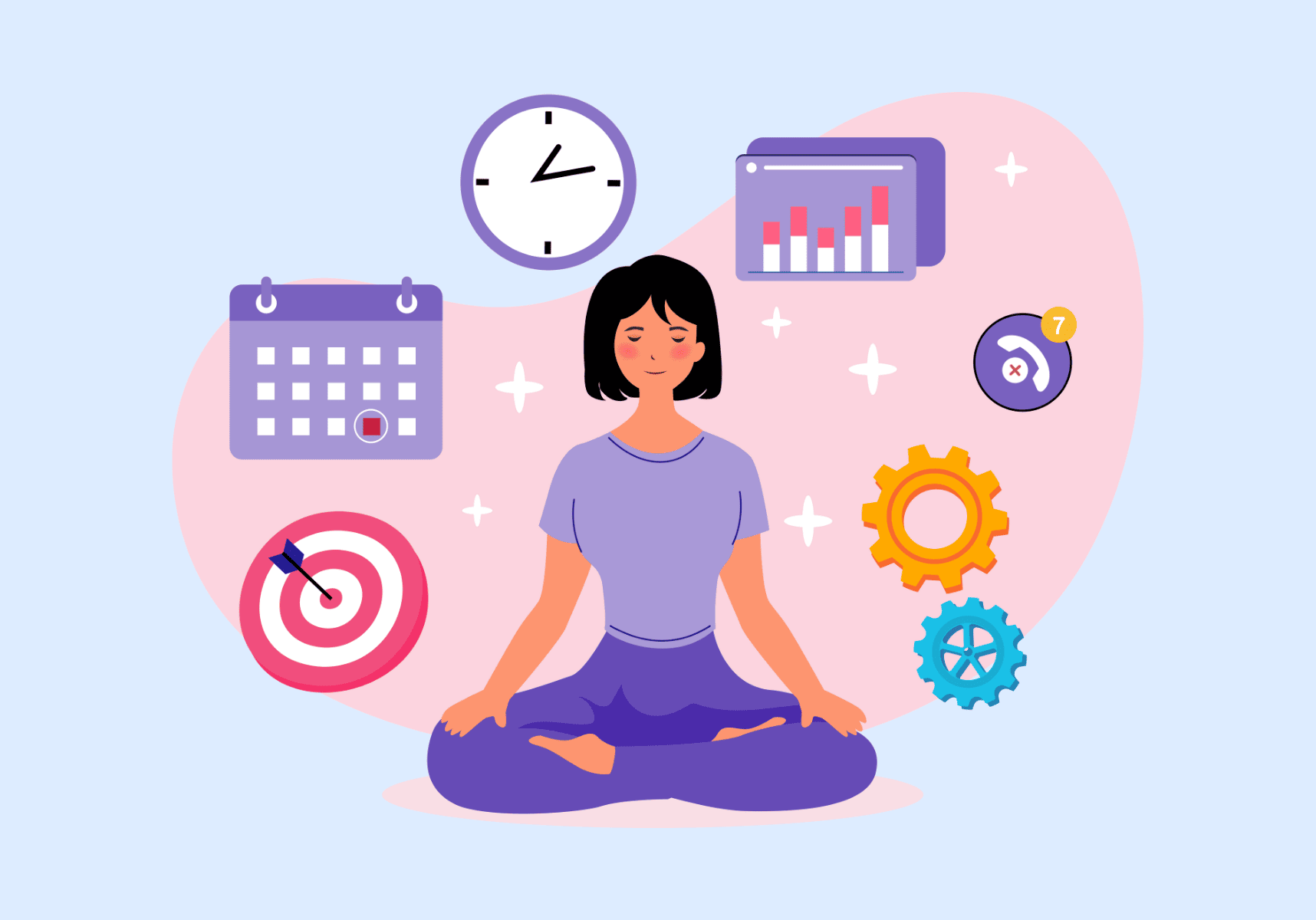
How to manage your time effectively
Mastering Time Management: Strategies for Boosting Productivity, Alleviating Stress, and Nurturing Wellbeing - Rita Hurry
Reading time: 5 minutes
Managing your time effectively is crucial for personal productivity and achieving your goals. It is also important for self care and wellbeing. The better time management you implement, the less stress you will be feeling as a result. Here are some strategies to help you manage your time more efficiently:
1. Set Clear Goals: Define your short-term and long-term goals. Knowing what you want to achieve will help you prioritise tasks that align with those goals. It will also give you clarity and focus, which is important to your wellbeing.
2. Prioritise Tasks: Once you break down your goals into action tasks you now need to determine which tasks need immediate attention and which can be delegated, postponed, or eliminated depending on the outcome you are looking to achieve each day. It can be very easy to get into a panic and think everything is urgent, but when you break it all down and prioritise it all, it helps you approach each task more calmly.
3. Create a To-Do List: Write down tasks you need to complete each day. As mentioned above, organising them by priority and deadline gives you more clarity in where to begin each day. Regularly update and review your list. There is no greater feeling when you start ticking things off your list as completed.
4. Use Time Management Tools: Utilise tools like calendars, planners, task management apps (e.g., Todoist, Trello, Asana), or time tracking apps to help you stay organised and focused.
5. Time Blocking: Allocate specific blocks of time for different tasks. This method prevents multitasking and helps you concentrate on one task at a time.
6. Limit Multitasking: Focus on one task before moving on to another as multitasking can reduce overall efficiency and quality of work. Quality over Quantity.
7. Break Tasks into Smaller Steps: Divide larger tasks into smaller, manageable steps as this makes them less overwhelming and easier to tackle.
8. Use the Pomodoro Technique: Work in focused bursts (usually 25 minutes) followed by a short break. After a few cycles, take a longer break. This technique maintains productivity while preventing burnout.
9. Eliminate Distractions: Identify and minimise distractions such as social media, email notifications, and unnecessary meetings during your focused work periods.
10. Set Deadlines and Time Limits: Assign deadlines to tasks and stick to them. Having a sense of urgency can increase efficiency for some.
11. Learn to Say No: Politely decline tasks or commitments that don't align with your goals or that you don't have the capacity for at the moment.
12. Regular Breaks: Taking short breaks during your workday can help you recharge and maintain focus. It's also good for your eye health to take breaks, especially if your work involves lots of computer screen time.
13. Practice Self-Care: Prioritise sleep, exercise, and a balanced diet. When you're physically and mentally healthy, you'll be better equipped to manage your time effectively.
14. Batch Similar Tasks: Group similar tasks together and tackle them in one go. This minimises context switching and saves time.
15. Use the 2-Minute Rule: If a task takes less than 2 minutes to complete, do it immediately. This prevents small tasks from accumulating and becoming overwhelming.
16. Set Realistic Expectations: Avoid overloading your schedule. Be realistic about how much you can accomplish in a day.
Remember that time management is a skill that takes practice. Experiment with the different 18 strategies mentioned above to find what works best for you, and be adaptable as your needs and circumstances change.





